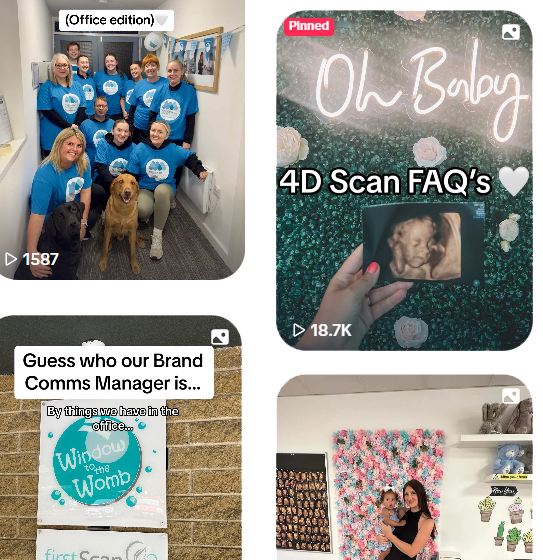Pregnancy often brings a sense of hope and joy, but for some, it may end in heartbreak. Miscarriage, or early pregnancy loss, is a deeply emotional and personal experience. In the UK, it’s estimated that one in six confirmed pregnancies ends in miscarriage. While this statistic highlights how common it is, it does little to convey the individual pain and loss people may feel.
This guide offers sensitive insights into the causes of miscarriage, its emotional impact, and practical ways to cope and seek support during this difficult time.
What Causes Early Pregnancy Loss?
Early pregnancy loss usually occurs within the first 12 weeks of pregnancy. For many, the reasons remain unclear, which can add to feelings of confusion and sadness. Common causes include:
- Chromosomal Abnormalities: The most frequent cause, often linked to developmental issues that make it impossible for the baby to grow.
- Hormonal Factors: Imbalances in essential pregnancy hormones, such as progesterone, may play a role.
- Underlying Health Issues: Conditions like blood clotting disorders or unmanaged chronic illnesses may also contribute.
It’s important to remember that most miscarriages are not caused by anything a parent did or didn’t do. Seeking medical advice can provide reassurance and help identify potential factors for future pregnancies.
The Emotional Impact of Miscarriage
The loss of a pregnancy can bring a wide range of emotions, from sadness and grief to anger, guilt, and even numbness. These feelings are natural and valid, and the grieving process is unique to each person.
Some may feel a sense of isolation, especially if the loss happens early in pregnancy and has not yet been shared with others. Others may struggle with societal misconceptions, such as the idea that early miscarriage is less significant or that one should move on quickly.
It is vital to acknowledge these emotions, seek understanding, and allow yourself the space and time to grieve.
Ways to Cope with Loss
Coping with a miscarriage is a deeply personal journey, and what works for one person may not work for another. Here are some sensitive suggestions:
1. Talk About Your Feelings
Reaching out to someone you trust, whether a partner, friend, or family member, can be comforting. For many, sharing the experience helps to validate their grief and lessen feelings of isolation.
2. Seek Professional Support
Counsellors or therapists specialising in grief or pregnancy loss can provide guidance and coping strategies. The NHS also offers support through bereavement services, and organisations like the Miscarriage Association provide a wealth of resources.
3. Find Community Support
Connecting with others who have experienced similar losses can be incredibly healing. Support groups, both online and in-person, create safe spaces to share and find comfort.
4. Honour Your Loss
Creating a small ritual or memorial to remember the baby can help provide closure. This might involve planting a tree, lighting a candle, or keeping a special item that represents the pregnancy.
5. Be Kind to Yourself
Allow yourself time to grieve and recover, both emotionally and physically. Don’t hesitate to ask for help with daily tasks if needed, and focus on self-care in ways that feel right for you.
Support Available
You are not alone, and there is help available:
- The Miscarriage Association: Provides information, helplines, and support groups for those affected by pregnancy loss. Visit their website for more details.
- SANDS: Offers resources for coping with pregnancy loss and stillbirth. Learn more.
- NHS Bereavement Services: Your local GP or hospital can direct you to bereavement counselling and related support services.
A Word on Hope
While miscarriage is a heart-wrenching experience, it’s important to remember that many people go on to have healthy pregnancies in the future. If you feel ready, medical professionals can help you explore options and address concerns.
Above all, remember that your grief is valid, and there is no right or wrong way to heal. Support is available, and you do not have to face this journey alone.













 Packages & Prices
Packages & Prices  Important Info & Policies
Important Info & Policies  Your Scan
Your Scan